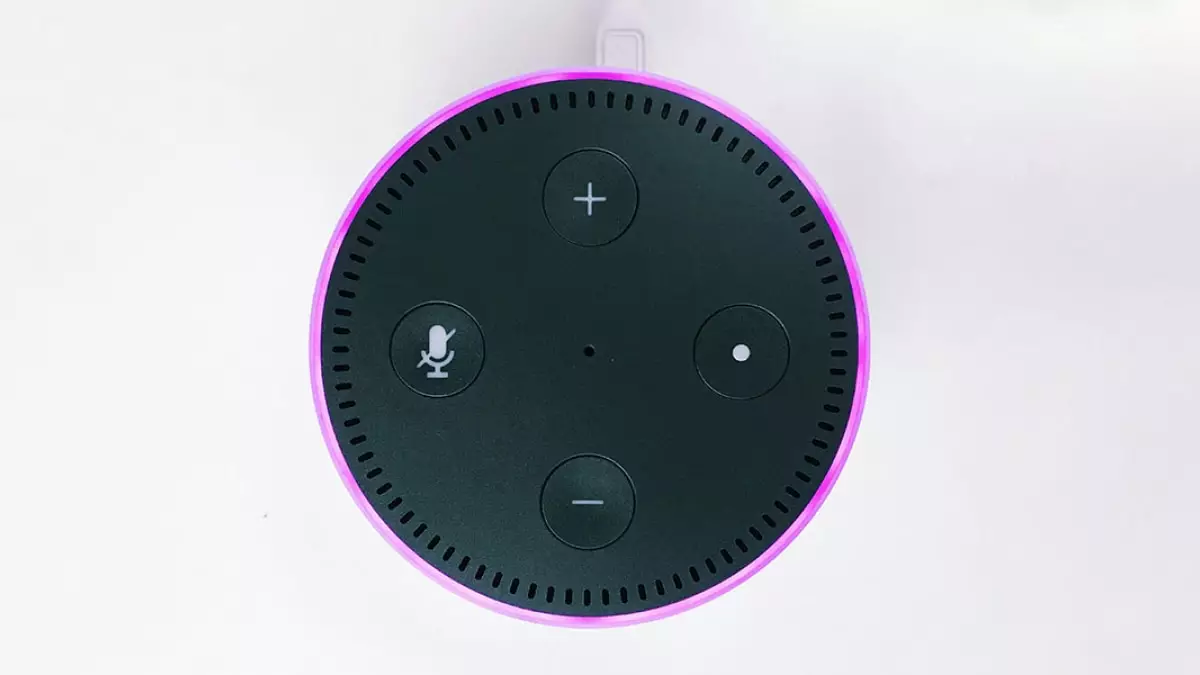In a world where technology ostensibly unites us, a significant portion of the population still grapples with profound loneliness. This phenomenon is particularly pronounced among older adults, leaving many researchers and healthcare professionals pondering how to alleviate this pervasive issue. One avenue under exploration is the use of digital voice assistants, like Amazon’s Alexa or Google Assistant, to mitigate feelings of isolation among this demographic. As technology continues to develop, these tools are being viewed not merely as gadgets, but as potential companions for those who may find themselves increasingly alone.
Elena Castro, a researcher in health psychology and technology at Universitat Oberta de Catalunya, has delved into the potential of these voice-activated devices to address feelings of loneliness among older adults. Castro’s research suggests that voice assistants could indeed provide tangible benefits by reducing social isolation, which is linked to both mental and physical health detriments. Despite the optimism surrounding these findings, she also emphasizes that such technology is not without its shortcomings. For instance, while voice assistants can respond to queries, they often lack the ability to engage in nuanced and emotionally aware dialogues that can truly foster a sense of connection.
The scope of loneliness is alarming, with the World Health Organization estimating that it affects up to one-third of the adult population across several regions, including the Americas and Europe. These figures underscore the gravity of the challenge at hand. Traditionally, individuals facing loneliness have been encouraged to engage in face-to-face social skills training. However, this approach may not be feasible for everyone—especially those who have experienced long-term isolation or possess social anxieties. Accordingly, AI-driven tools, such as voice assistants, emerge as promising alternatives that can provide support without the barriers that in-person interactions might present.
Despite the potential benefits, Castro urges caution regarding the implications of privacy and data security that accompany voice assistant usage. Given that these devices are designed to constantly listen and respond to user commands, concerns about data handling and protection are valid and substantive. Castro advocates for rigorous scrutiny and education around data protection to foster trust among users, particularly vulnerable populations such as the elderly. This concern is exacerbated by the reality that, while voice assistants can offer some level of interaction, they may inadvertently promote further social detachment if relied upon excessively.
Looking towards the future, Castro envisions a role for voice assistants that transcends mere companionship. These devices can be integrated into broader public health strategies aimed at reducing loneliness among older adults. For instance, beyond simple conversation, they could offer reminders for medications, assist with daily activities, and facilitate virtual social interactions. Ultimately, the challenge remains not just in adopting technology but in ensuring it complements and enhances human connection, rather than diminishing it. The potential of voice assistants in combating feelings of isolation among older adults is promising, but it is crucial to navigate the ethical landscape with care and foresight.

Leave a Reply